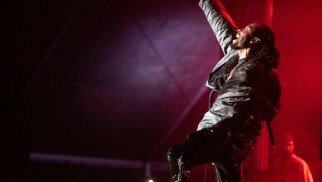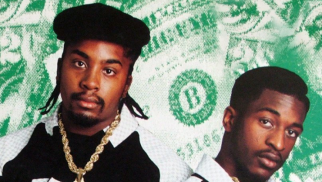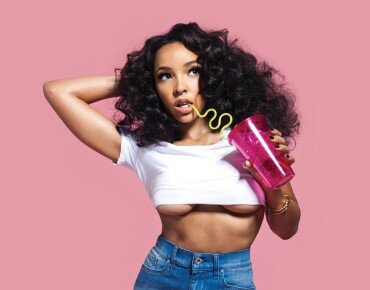We can all agree that hip-hop has evolved into one of the most lucrative genres in music and is probably at the highest peak it’s ever been. This largely in part comes from the internet and various streaming sites that make music easier to access more then ever. It’s easy to forget hip-hop’s humble beginnings and the steps taken in order to reach this point which included a great deal of experimentation from some of hip-hop’s founding fathers like the birth of DJ’ing as well as innovative ways to spin the records. One way in particular was a technique dubbed sampling. Wikipedia defines sampling as, ” the act of taking a portion, or sample, of one sound recording and reusing it as an instrument or a sound recording in a different song or piece”. This groundbreaking technique would become the foundation of hip-hop’s first original break beats. Using 2 turntables and a mixer, the DJ would take popular disco records and loop rhythm breaks of each song creating a continuous beat for the MC’s to rock the party. Fast forward to 2016 and sampling still is a major component to a majority of songs out. From Kanye West’s No More Parties in LA to Rihanna’s chart-topping hit alongside Drake titled Work it’s clear that sampling isn’t going anywhere anytime soon.
Compelled by my personal obsession with the art of sampling I thought what cooler way to talk about some of my favorite samples that i’ve come across than with you guys? This new weekly segment will serve as an informative yet fun way to learn about some of your favorite artist as well as learn little known facts about the sample they used. Now that you guys have been briefed, let’s dive into the very first sample I want to discuss.
This weeks sample of choice is a jazz classic by Roy Ayers. Titled Daylight this 1977 release was an easy first choice for me to discuss. Not only did this melodic jazz groove add another hit to the extensive catalog that Ayers holds, it would go on to be sampled in over 24 songs. Of these 24 New York group A Tribe Called Quest would be the very first to sample this track for their 1990 hit Bonita Applebum. To further add to this sample, 6 years later The Fugees would arguably create their biggest hit by sampling the already sampled-laced Bonita Applebum for Killing Me Softly. In this song Lauryn Hill covers Roberta Flack’s 1973 single Killing Me Softly With His Song which would go on to later get inducted into the Grammy Hall Of Fame in 1999.
If you guys need more of a visual explanation then i’d highly recommend for you to watch the new Netflix original series The Get Down. The Get Down is like stepping into a time machine and witnessing the birth of hip-hop right before your eyes. Hope you guys learned something new, until next week champs!










